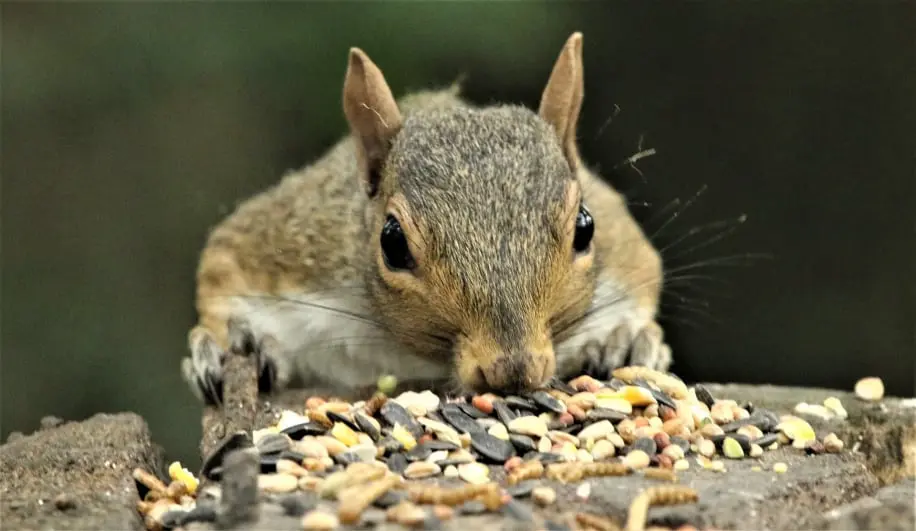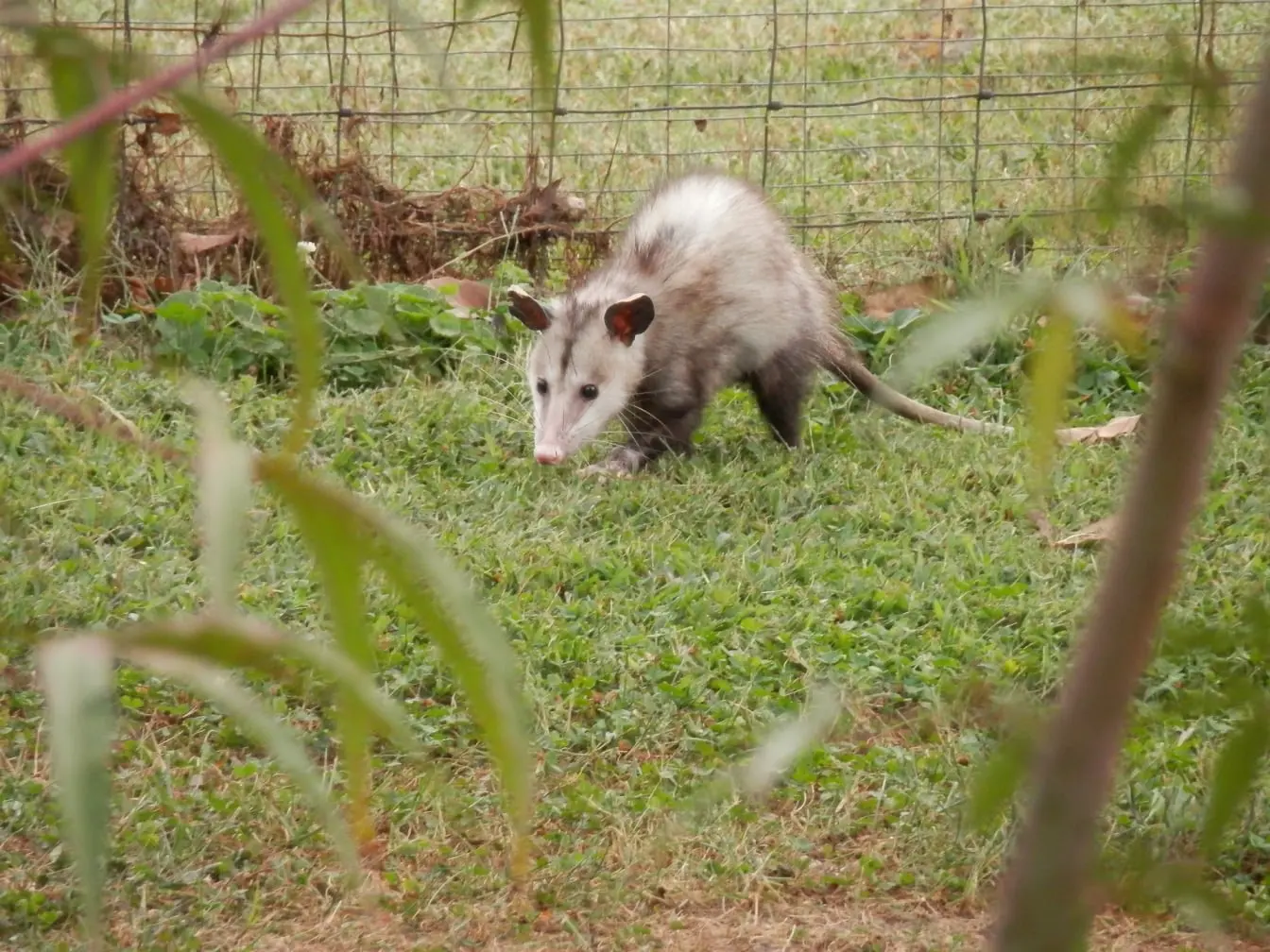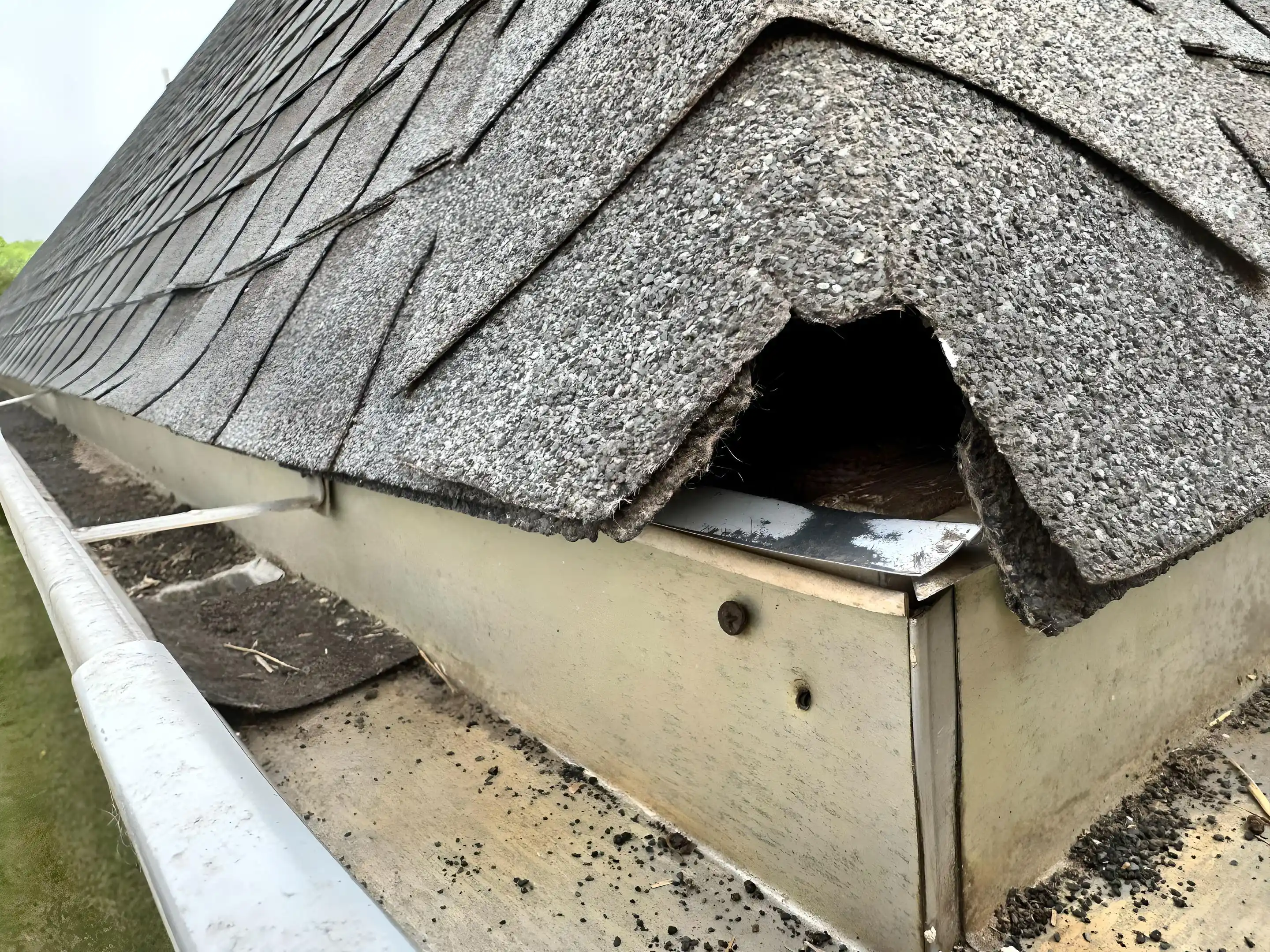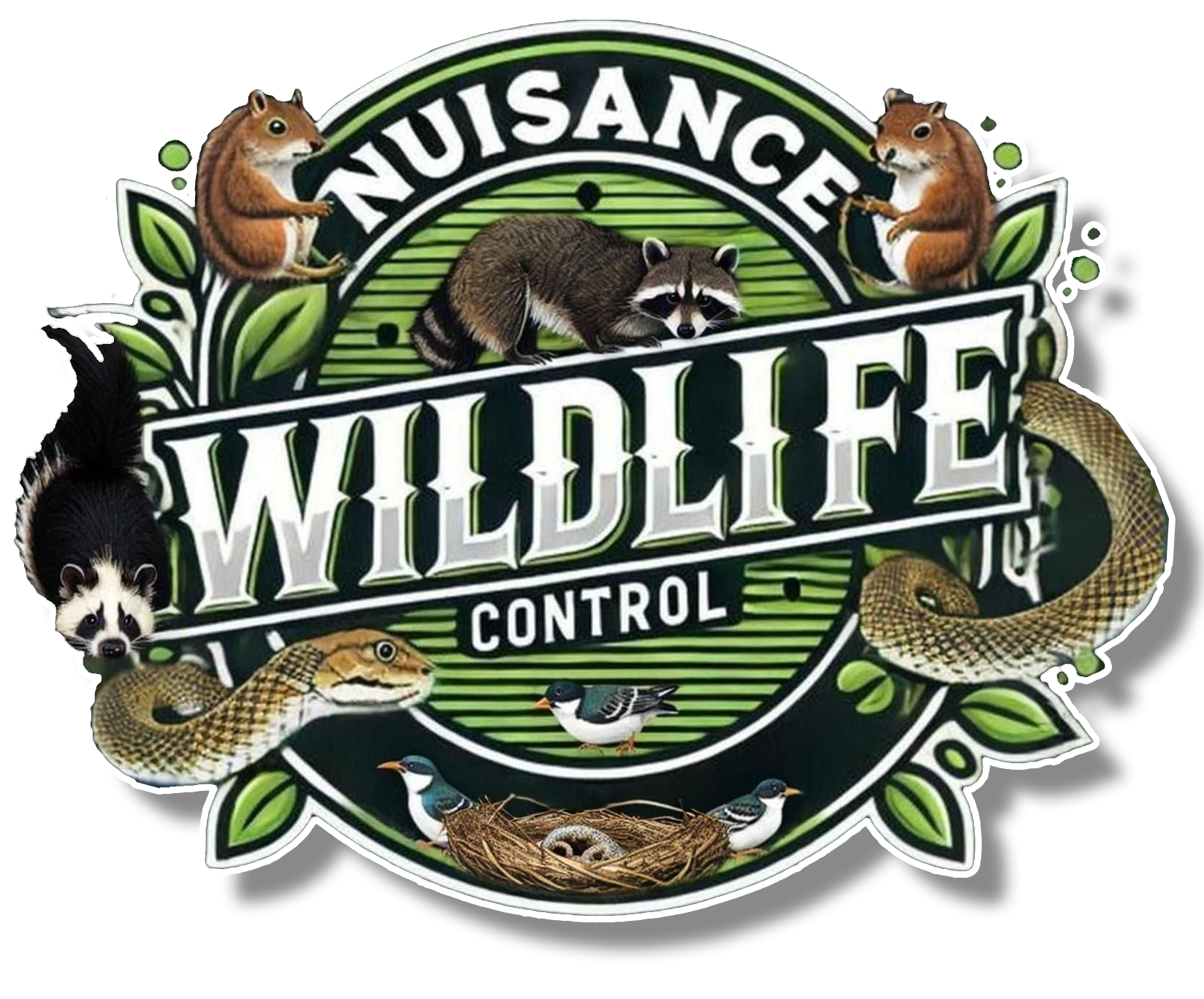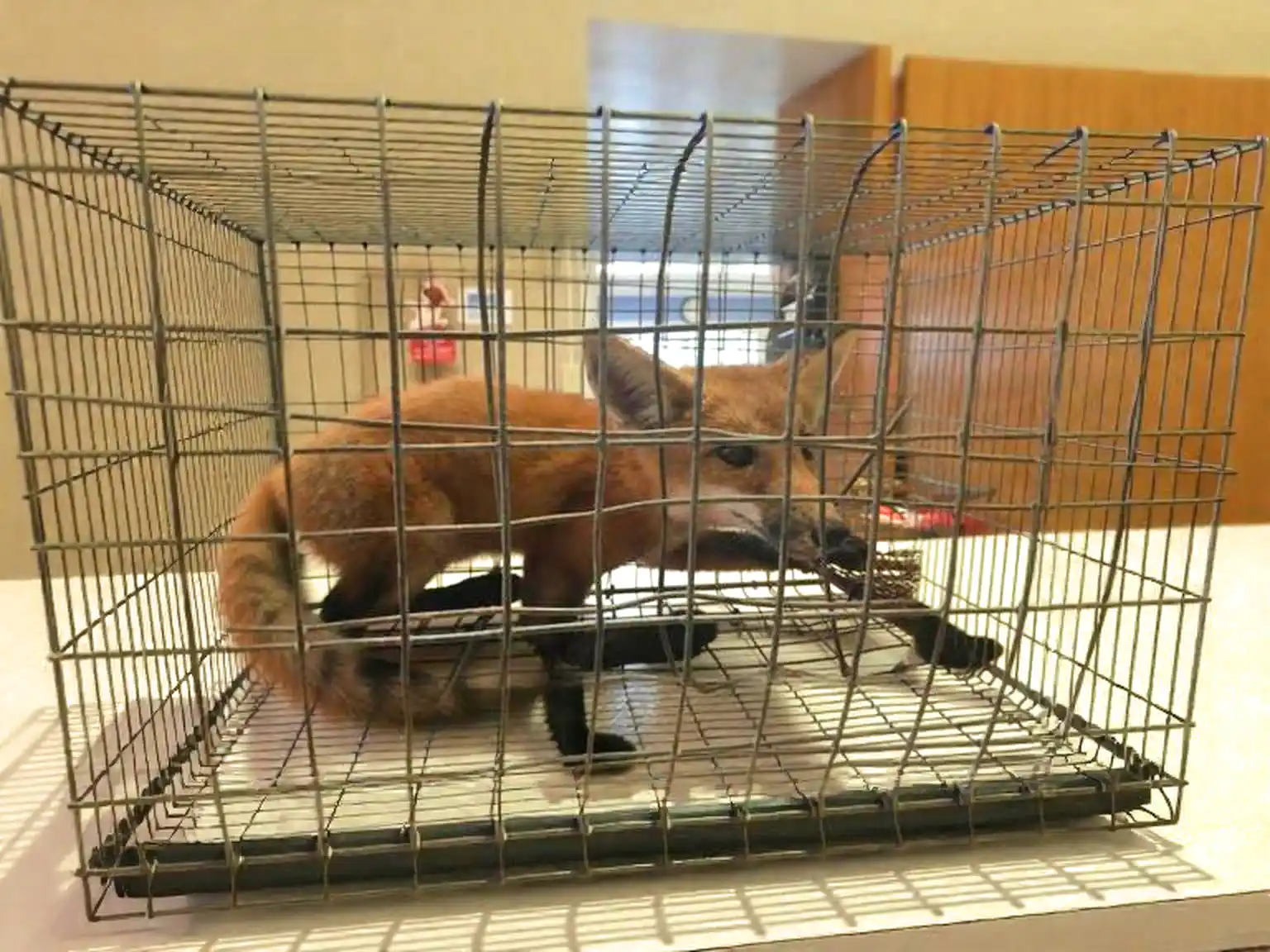
Nuisance Wildlife Control
Wildlife Removal for North Alabama Residents
PLEASE NOTE: We do not remove dogs, cats, mice or rats.
M-F 7:00 am - 5:00 pm
256-636-1168
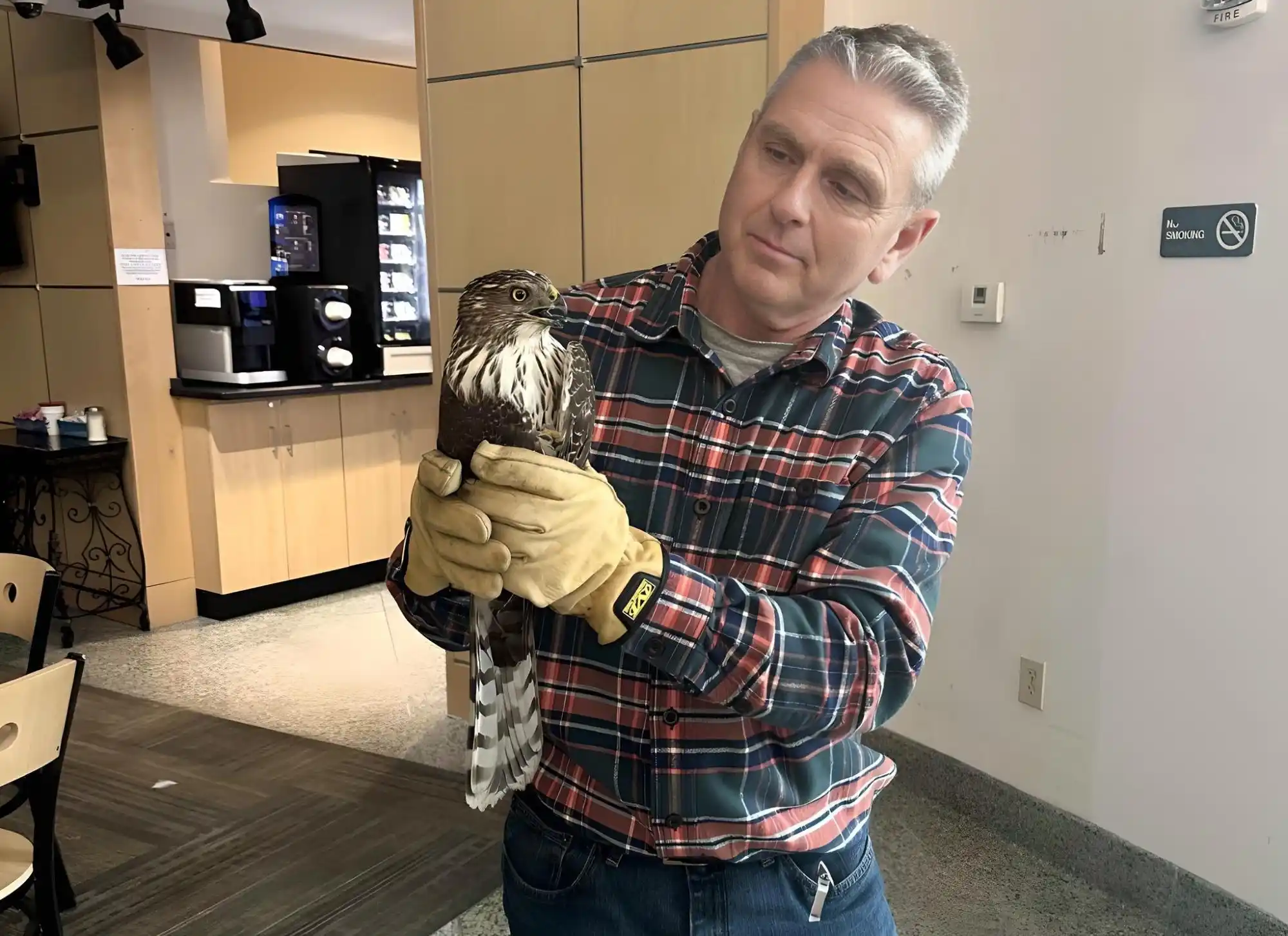
Nuisance Wildlife Control
NWC Huntsville address
4800 Whitesburg Dr.
Suite 30 - PMB 218
Huntsville Al.
35802
PLEASE NOTE: We do not remove dogs, cats, mice or rats.
M-F 6:00 am to 6:00 pm
256-636-1168
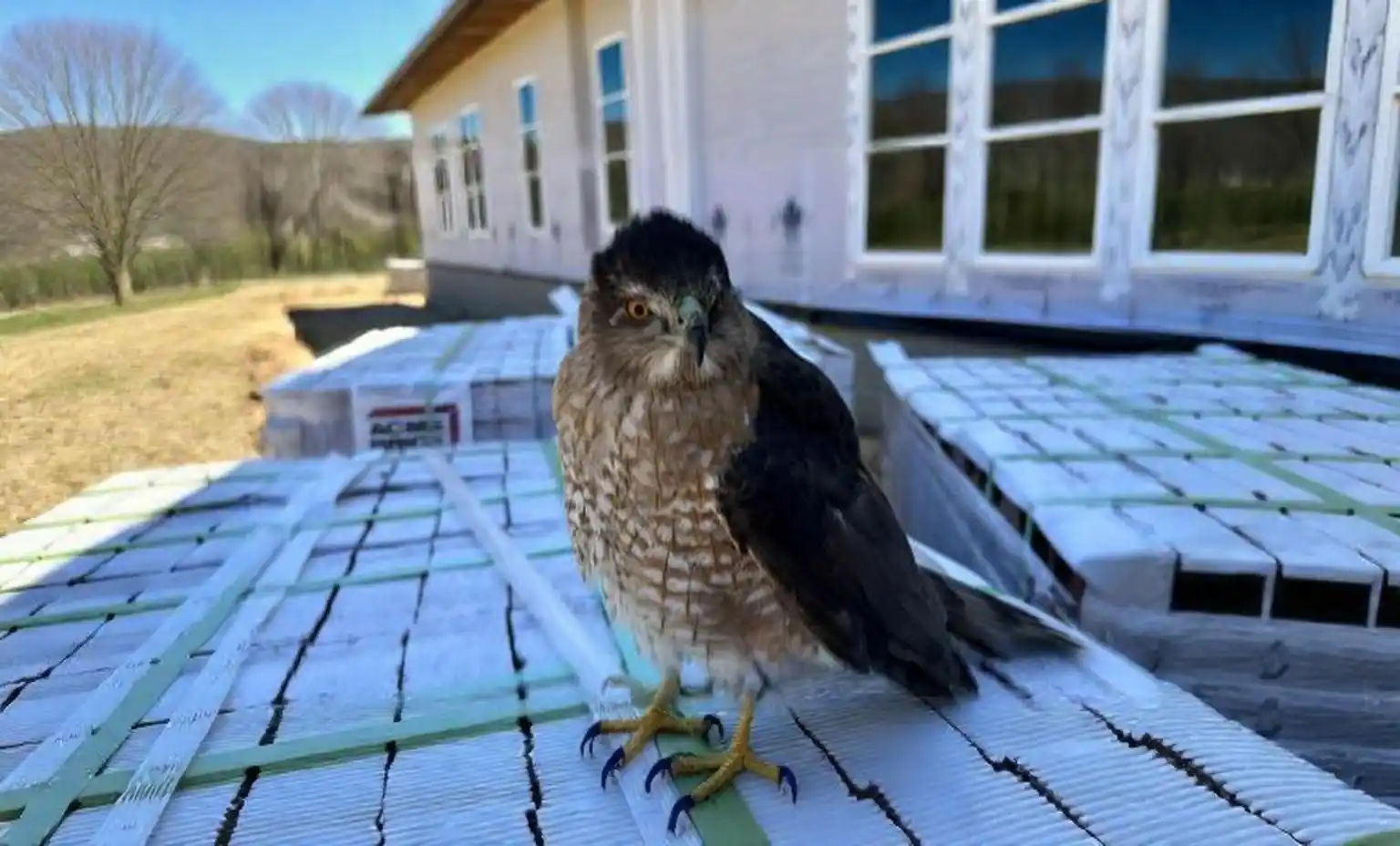
Nuisance Wildlife Control
Reliable Wildlife Removal for Northern Alabama
PLEASE NOTE: We do not remove dogs, cats, mice or rats.
M-F 7:00 am - 6:00 pm
256-636-1168
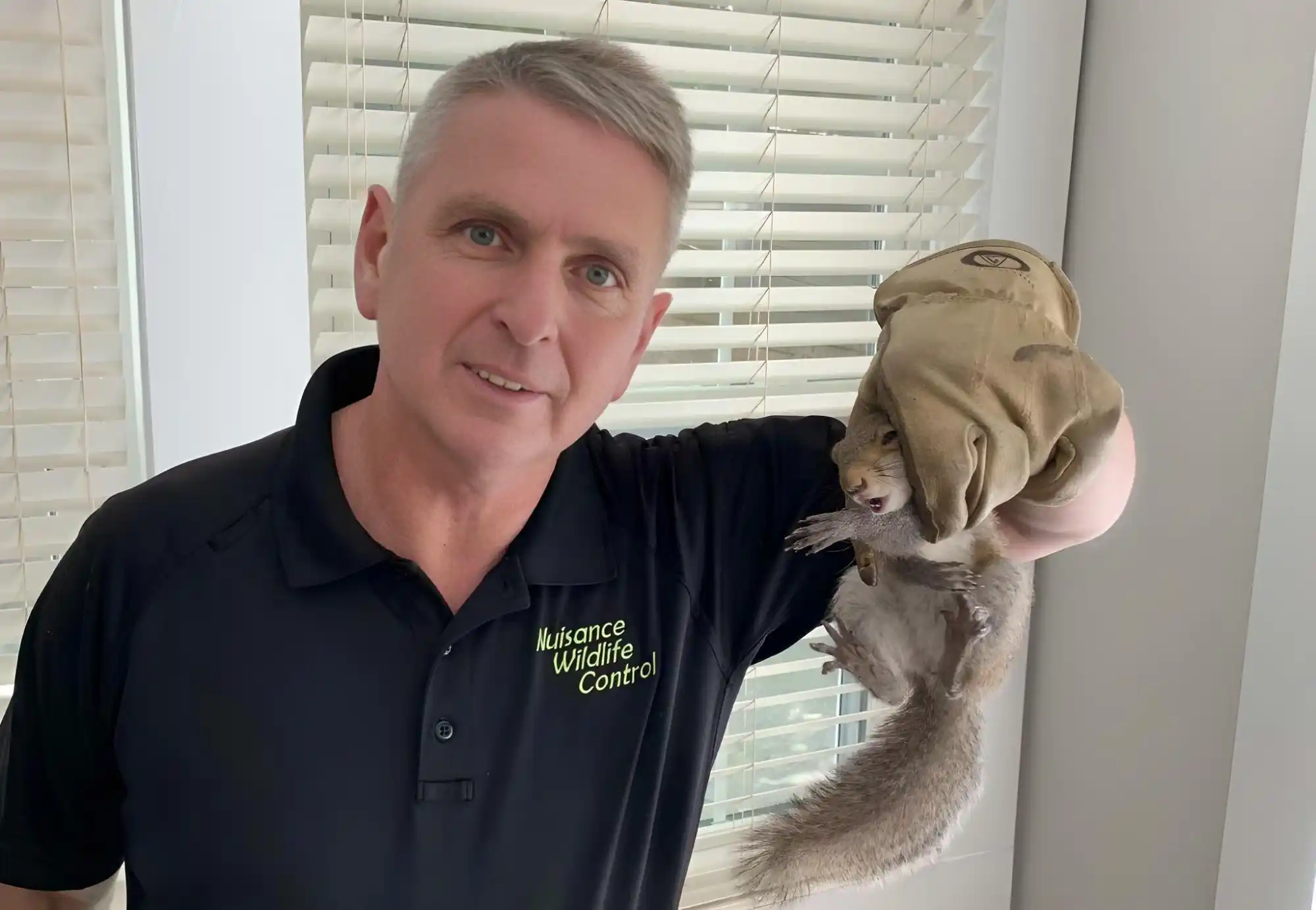
Nuisance Wildlife Control
Wildlife Removal for Northern Alabama
PLEASE NOTE: We do not remove dogs, cats, mice or rats.
M-F 7:00 am to 6:00 pm
256-636-1168
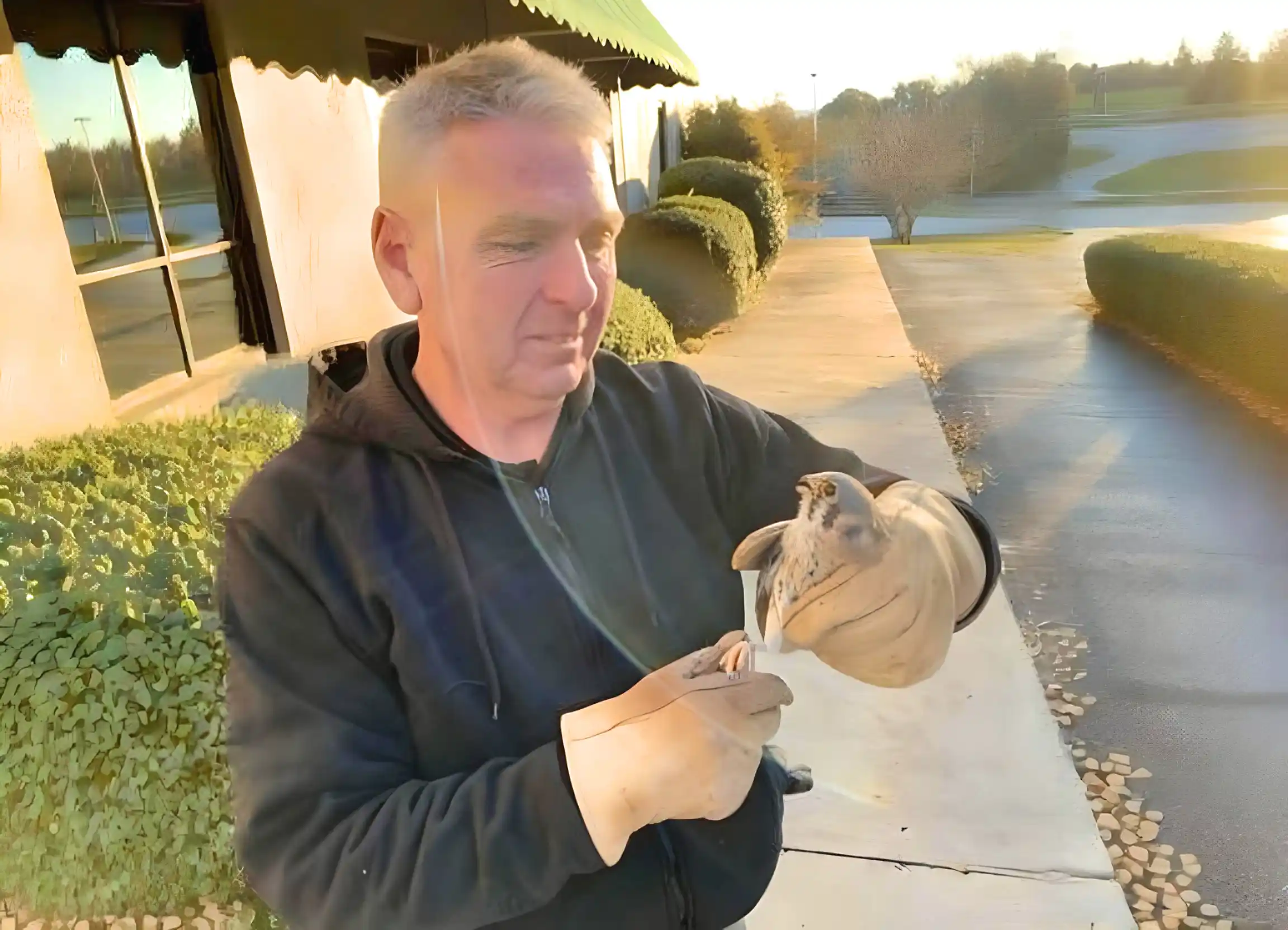
Nuisance Wildlife Control
NWC Huntsville address
4800 Whitesburg Dr.
Suite 30 - PMB 218
Huntsville Al.
35802
PLEASE NOTE: We do not remove dogs, cats, mice or rats.
M-F 7:00 am to 5:00 pm
256-636-1168
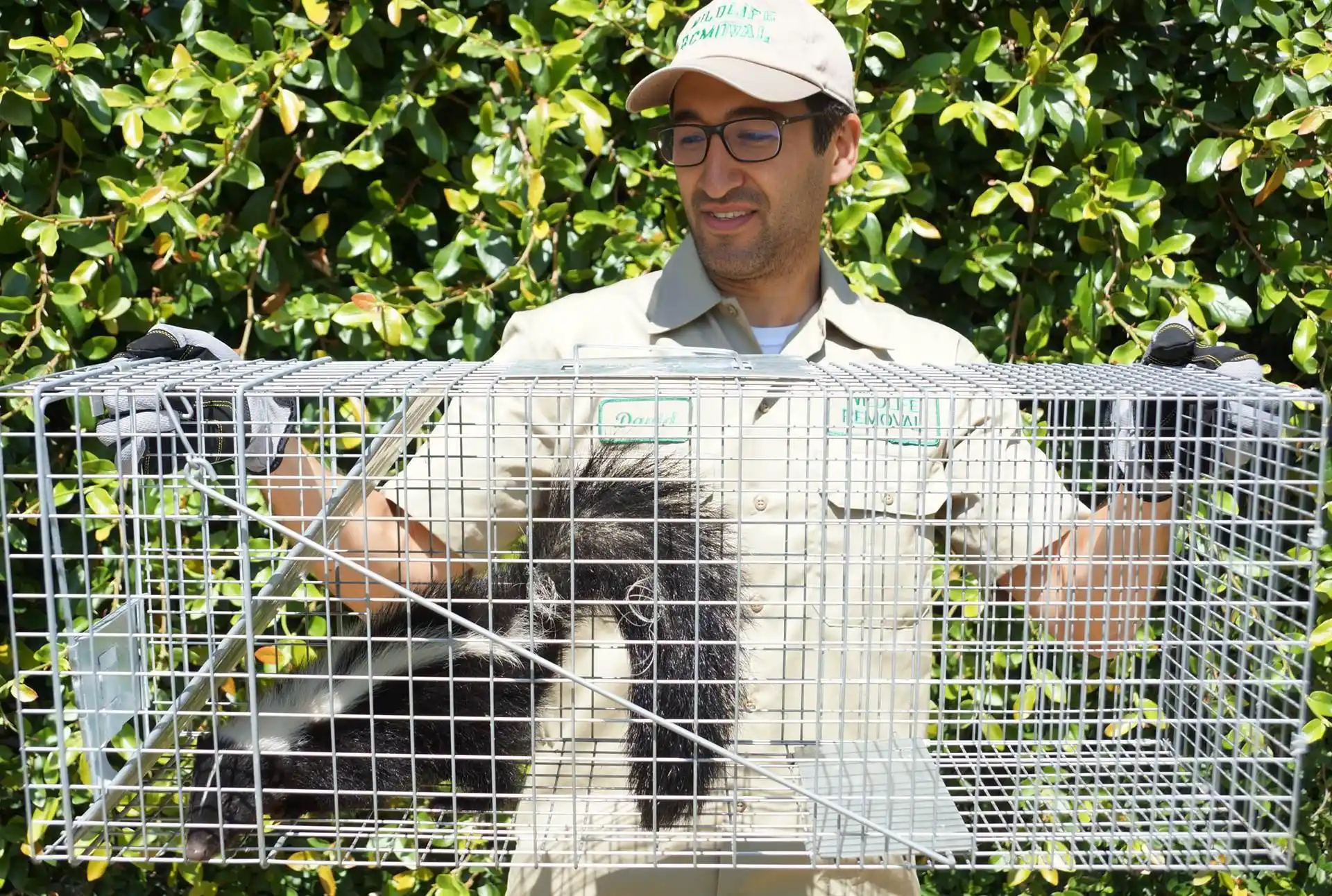
Nuisance Wildlife Control
NWC Huntsville address
4800 Whitesburg Dr.
Suite 30 - PMB 218
Huntsville Al.
35802
PLEASE NOTE: We do not remove dogs, cats, mice or rats.
M-F 7:00 am to 5:00 pm
256-636-1168
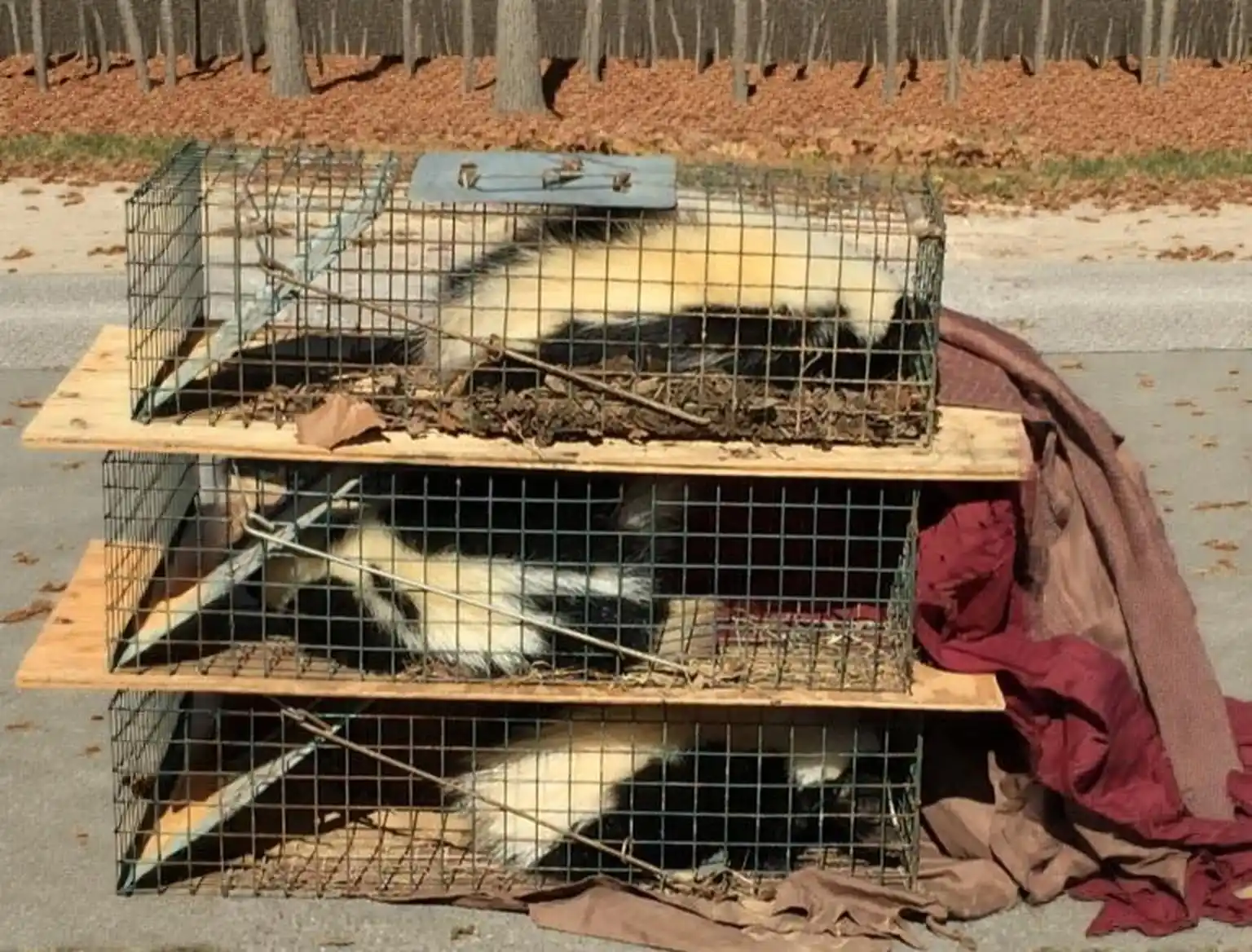
Nuisance Wildlife Control
Reliable Wildlife Removal for Alabama
PLEASE NOTE: We do not remove dogs, cats, mice or rats.
M-F 7:00 am to 5:00 pm
256-636-1168
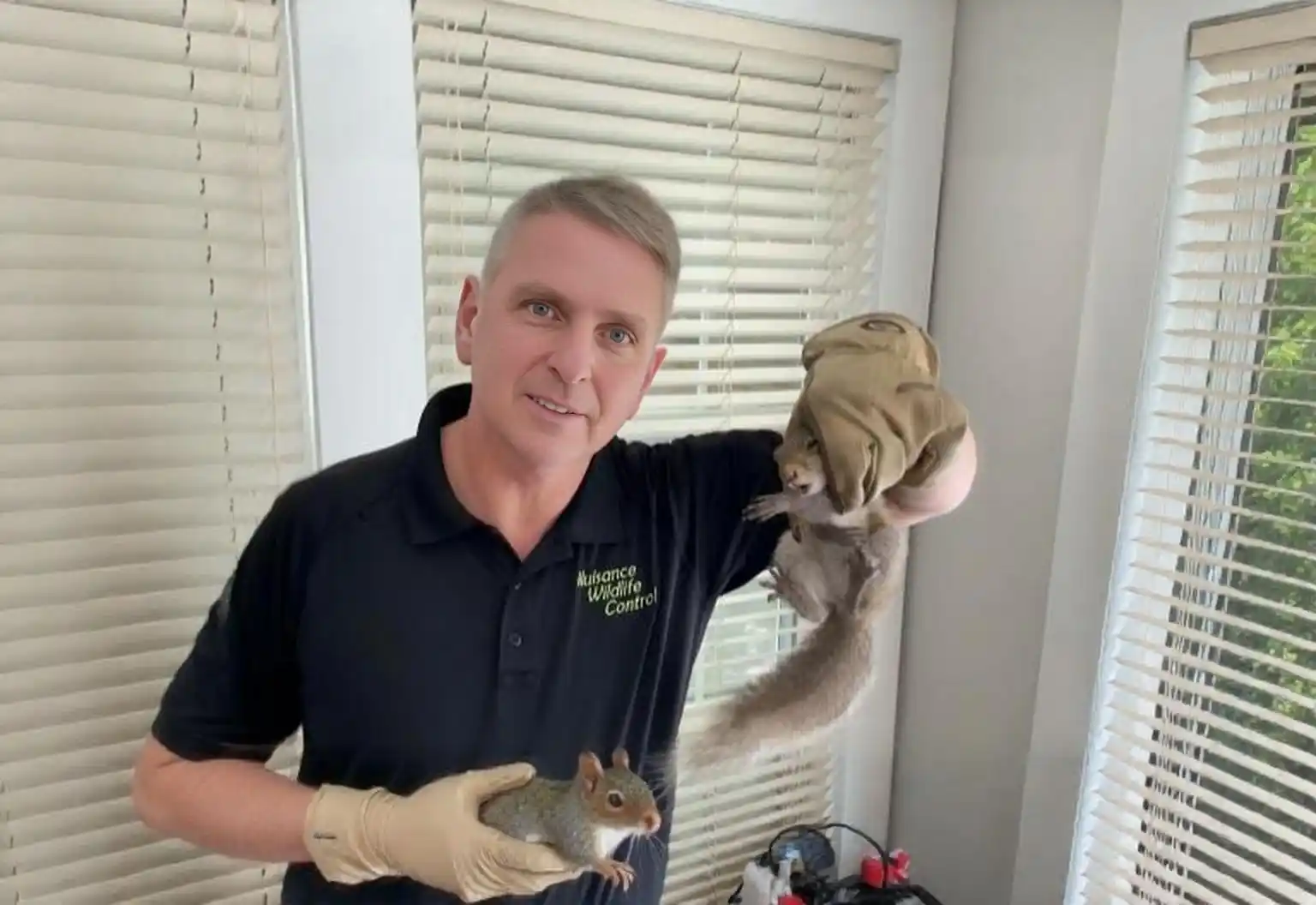
Nuisance Wildlife Control
NWC Huntsville address
4800 Whitesburg Dr.
Suite 30 - PMB 218
Huntsville Al.
35802
PLEASE NOTE: We do not remove dogs, cats, mice or rats.
M-F 7:00 am to 5:00 pm
256-636-1168
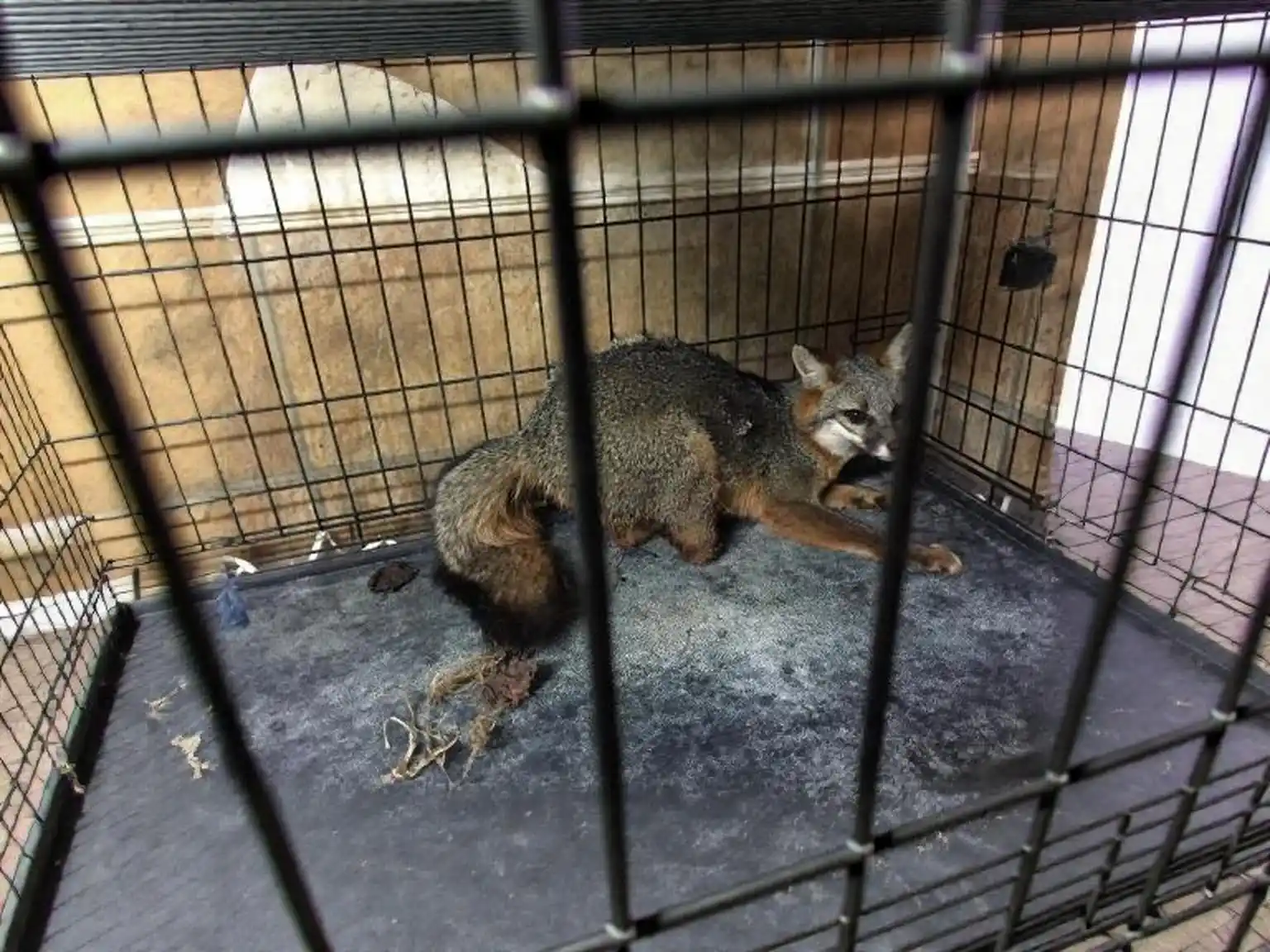
Nuisance Wildlife Control
Wildlife Removal for North Alabama Residents
PLEASE NOTE: We do not remove dogs, cats, mice or rats.
M-F 7:00 am to 5:00 pm
256-636-1168
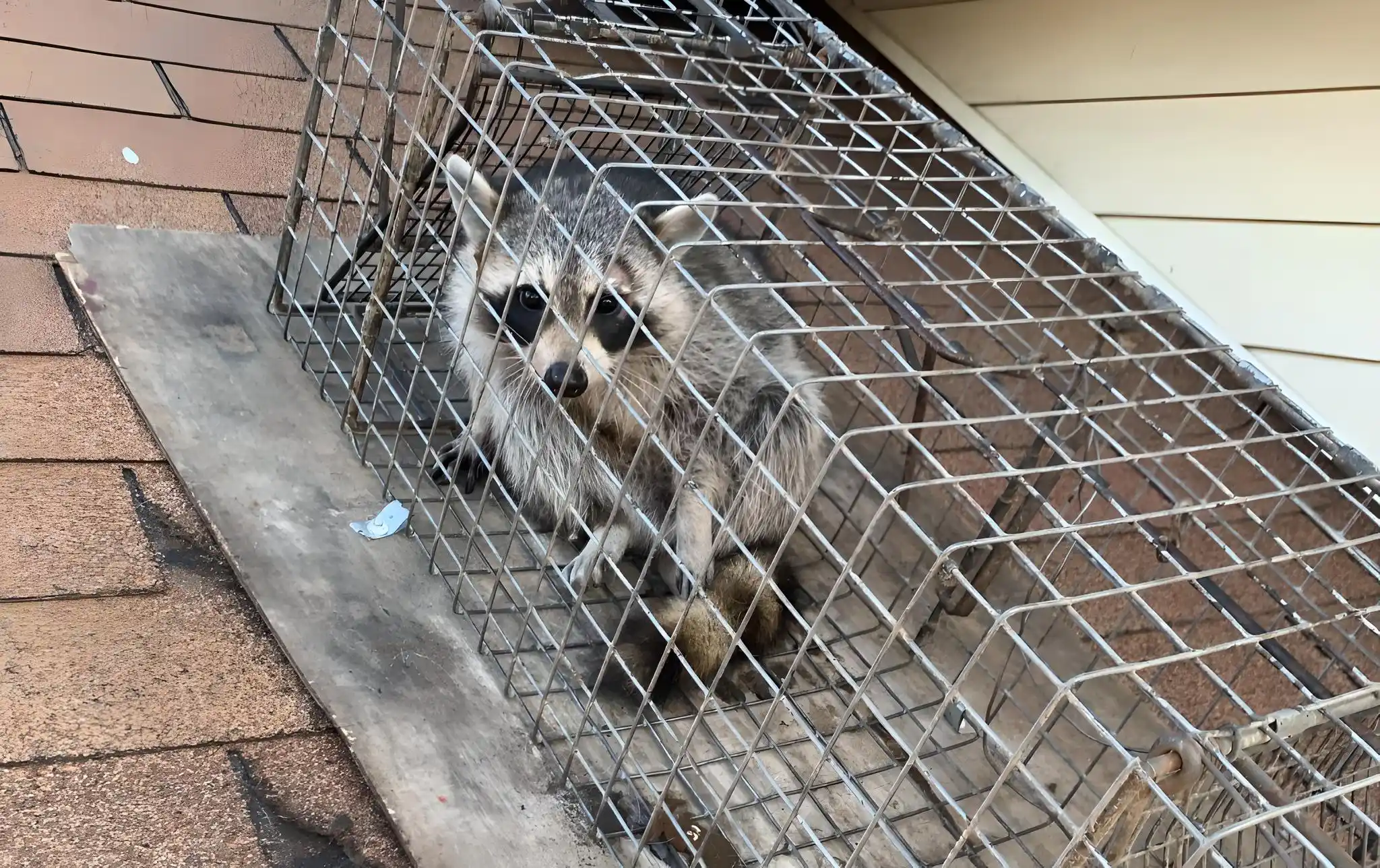
Nuisance Wildlife Control
NWC Huntsville address
4800 Whitesburg Dr.
Suite 30 - PMB 218
Huntsville Al.
35802
PLEASE NOTE: We do not remove dogs, cats, mice or rats.
M-F 7:00 am to 5:00 pm
256-636-1168
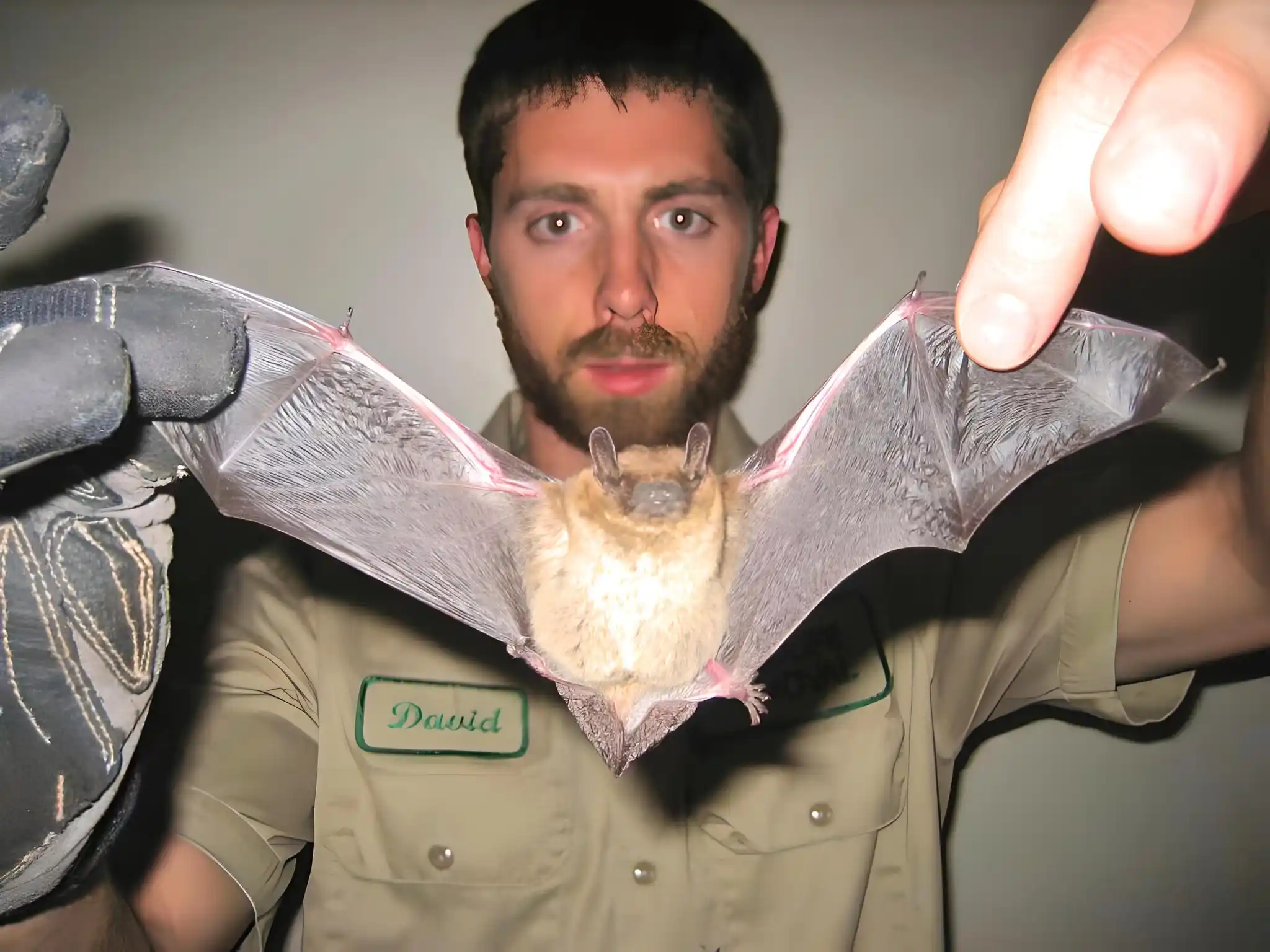
Nuisance Wildlife Control
Reliable Wildlife Removal
PLEASE NOTE: We do not remove dogs, cats, mice or rats.
M-F 7:00 am to 5:00 pm
256-636-1168
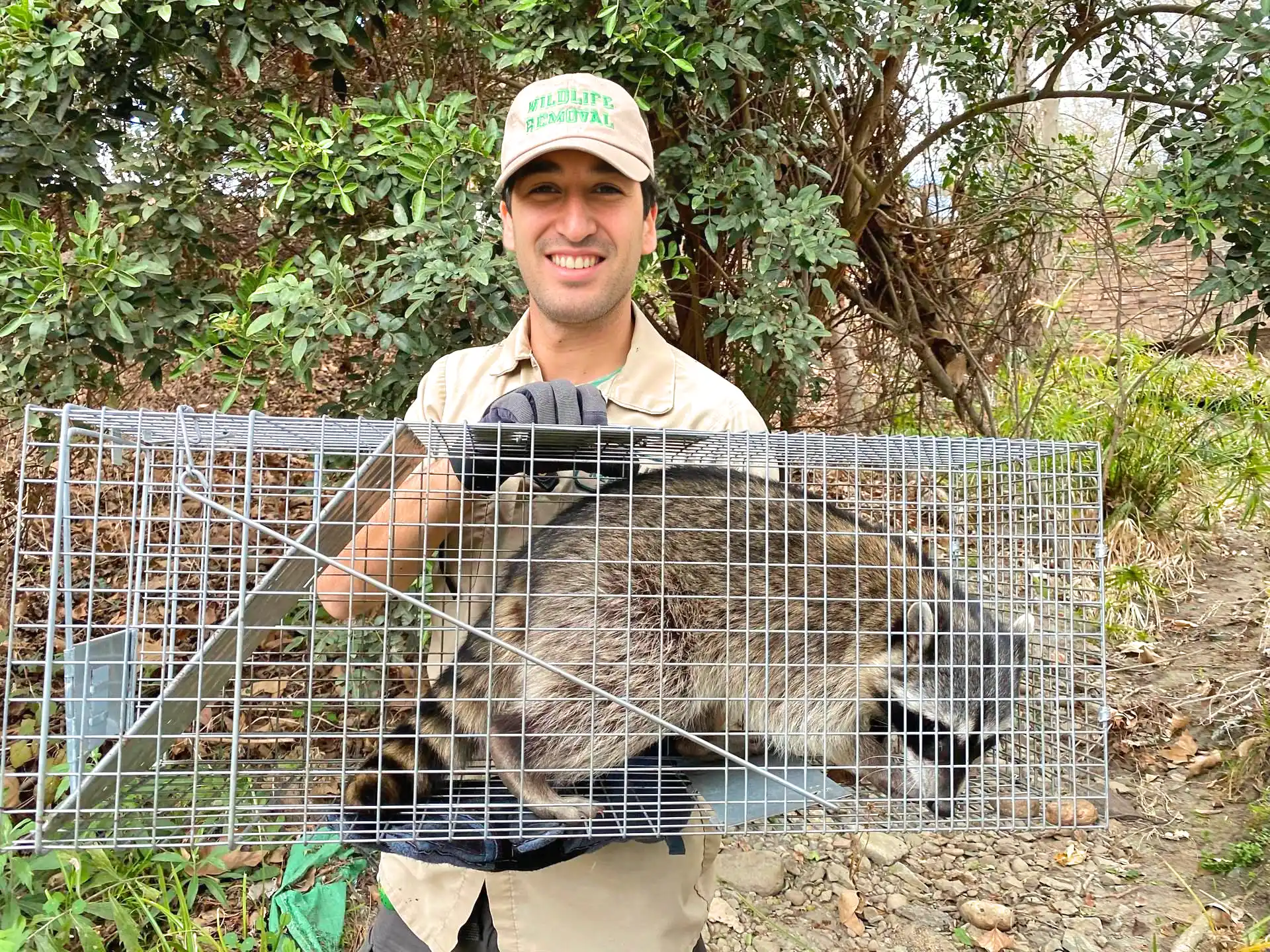
Nuisance Wildlife Control
NWC Huntsville address
4800 Whitesburg Dr.
Suite 30 - PMB 218
Huntsville Al.
35802
PLEASE NOTE: We do not remove dogs, cats, mice or rats.
M-F 7:00 am to 5:00 pm
256-636-1168
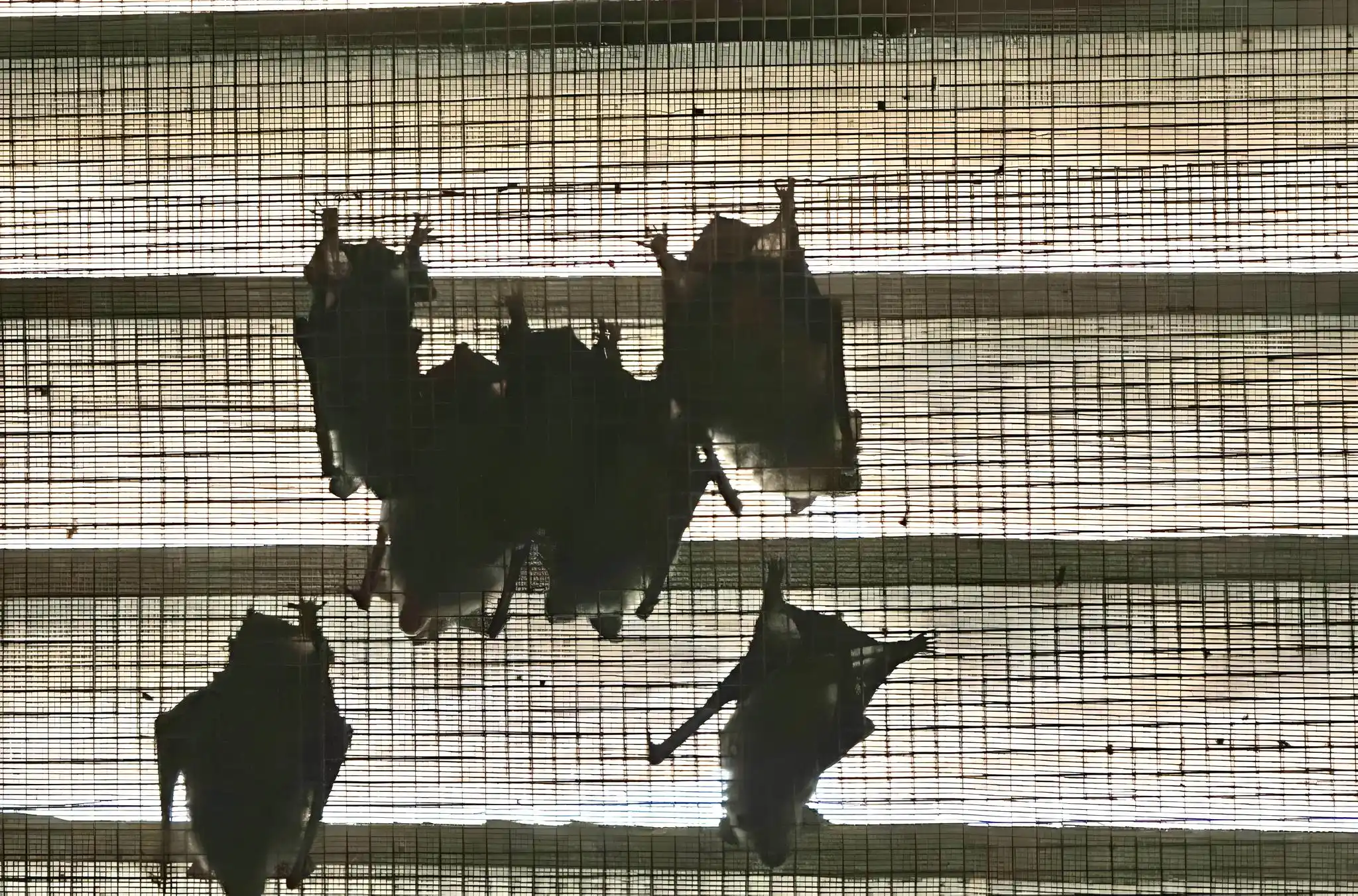
Nuisance Wildlife Control
Best Wildlife Removal for Northern Alabama
PLEASE NOTE: We do not remove dogs, cats, mice or rats.
M-F 7:00 am to 5:00 pm
256-636-1168

